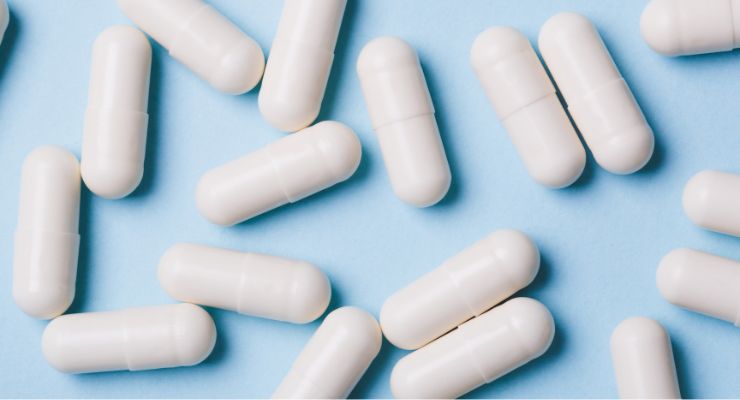Amazon Bans Dietary Supplements Containing NMN
The decision followed FDA’s declaration that the ingredient was first authorized for investigation as a new drug.

By: Mike Montemarano

Beta nicotinamide-mononucleotide (NMN) supplements can no longer be sold on Amazon, according to a letter the company issued to vendors selling NMN on its platform.
“On November 4, 2022, the Food and Drug Administration announced that NMN is no longer considered a dietary supplement,” the letter to NMN vendors read. “It is now considered a drug, or drug ingredient, that requires FDA approval.”
NMN has been sold in a variety of dietary supplement products for several years, and has been marketed for anti-aging benefits.
The online retailer’s decision to ban the ingredient came on the heels of an earlier declaration made by the FDA in response to a New Dietary Ingredient Notification that NMN was first authorized for investigation as a new drug, thus precluding it from use in dietary supplements based on the Dietary Supplement Health and Education Act (DSHEA). In previous NDIN responses issued by FDA, the agency rejected notifications on various grounds, but omitted that it considered NMN to be subject to the drug preclusion provision of DSHEA.
Déjà Vu
Amazon followed a similar path in 2021 after FDA declared that N-acetyl-cysteine (NAC) is not a legal dietary ingredient. Amazon maintained its ban on the ingredient until FDA announced in April of last year that it would consider rulemaking to provide a pathway to market for NAC supplements and exercise enforcement discretion in the meantime. At this point, NAC-containing products returned to the retailer’s shelves.
According to Amazon, sellers may continue to offer products containing NMN until Mar. 13, 2023. After that date, the platform will require vendors to submit proof that products are approved by FDA for over-the-counter sales.
NPA: This is a Slippery Slope
The Natural Products Association (NPA) issued a statement calling on e-commerce retailers to continue selling products containing NMN, rather than follow Amazon’s lead.
Daniel Fabricant, PhD, president and CEO of NPA and one of many stakeholders objecting to FDA’s interpretation of the law in the instance of NMN, noted that this was a first for FDA.
The agency had initially acknowledged receipt of an NDIN from Kingdomway, and did not initially share any safety concerns in a letter dated October 11, but approximately one month later, the agency issued a further response rejecting the ingredient on drug preclusion grounds.
“This latest example of the FDA misinterpretation of the law is wreaking havoc on the marketplace and causing confusion and significant economic harm,” said Fabricant. “This is the first time in history that FDA reversed itself on an acknowledgement letter for a new dietary ingredient without a shred of evidence that safety was at risk. It is setting a new precedent in that an announcement of Generally Recognized as Safe no longer constitutes evidence of the marketing of NMN as a food before the ingredient was authorized as a new drug.”
“FDA’s growing and repeated abuse of the law is sending shock waves across the dietary supplement industry,” Fabricant continued.
“If the FDA can change decisions overnight by repealing an acknowledgement letter without foundation, what’s to stop them again? If the agency can exclude NAC from the definition of a dietary supplement despite the science, what’s to stop them from doing it to a different ingredient? If the agency can lobby for unneeded new authorities like mandatory product listing while ignoring a regulatory path for CBD which is available on every street corner in America, who will stop them? This is inexcusable and downright shameful, and NPA will use every available resource to ensure the agency is again accountable to consumers and the industry.”


